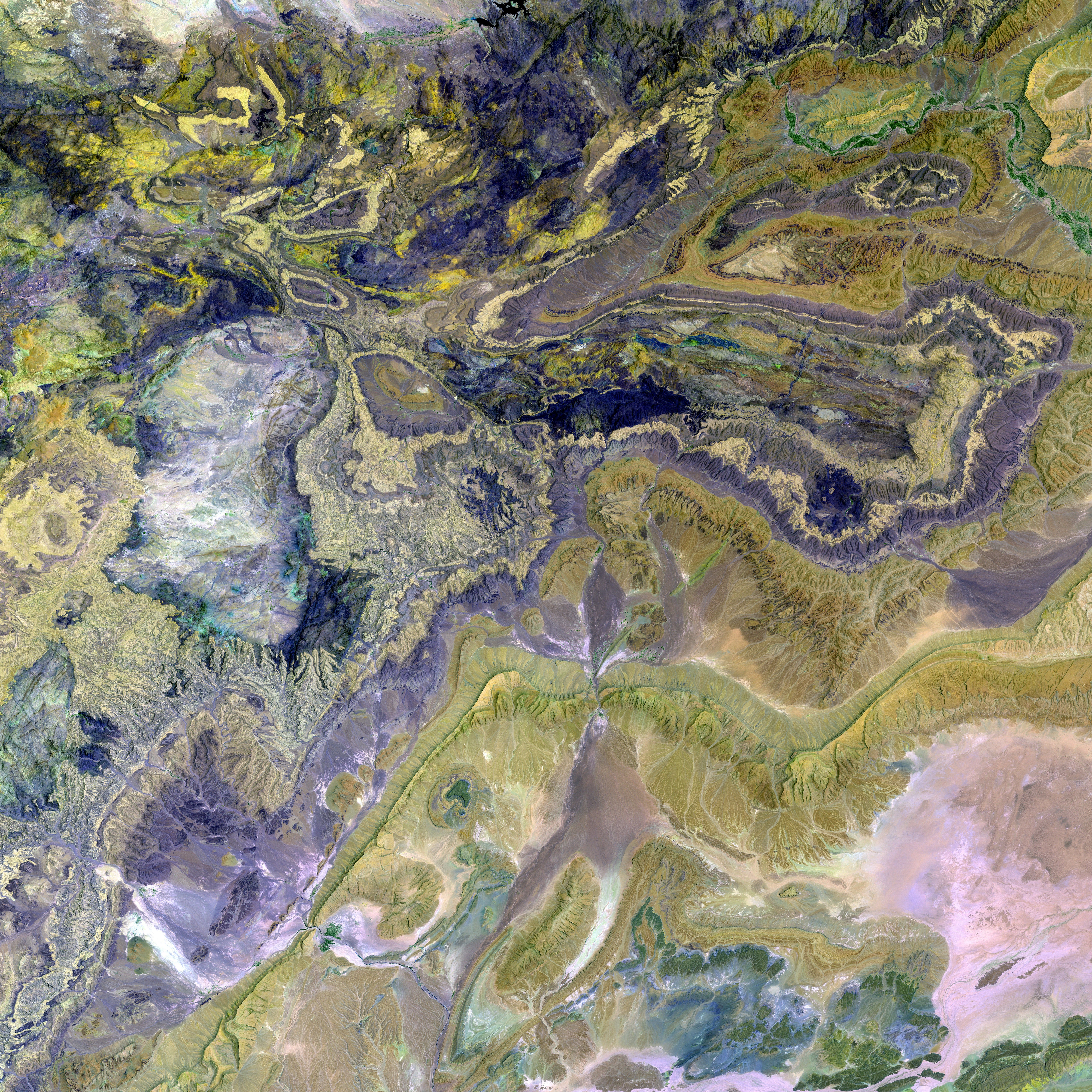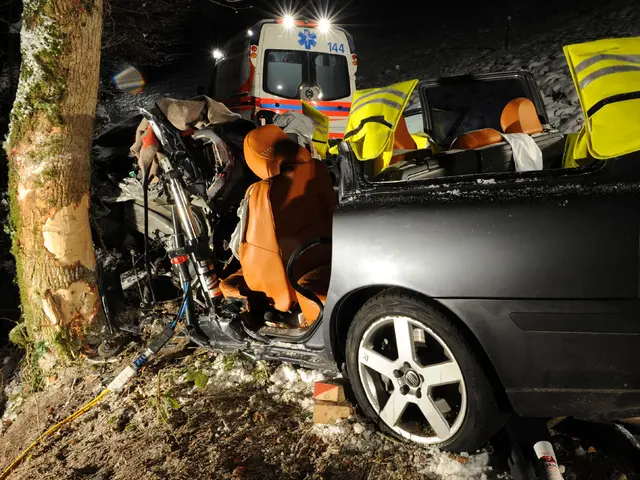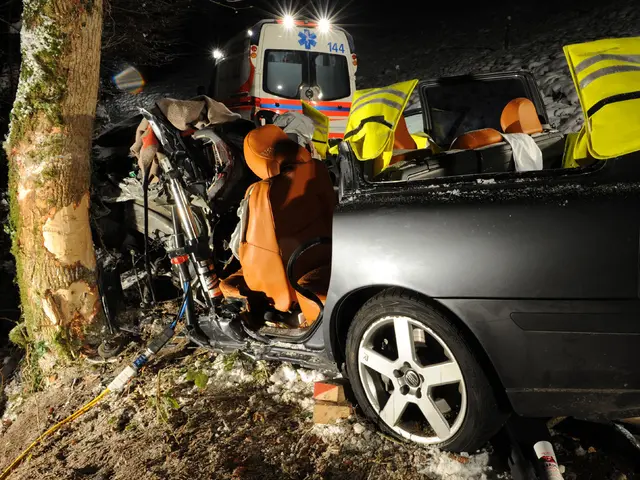Pakistan allegedly breaches ceasefire agreement along the border with India following recent accord.
Take Two: A Tense Ceasefire in Kashmir
MOHAMMAD ABRAR | RIZWAN AHMAD | PRATEEK PANDEY
ISLAMABAD - India accuses Pakistan of violating a ceasefire agreement hours after U.S.-led talks aim to end the most intense military confrontation between the two nuclear-armed nations in years.
Indian Foreign Secretary Vikram Misri held a late-night press conference on Saturday, alleging that "'repeated breaches' of the truce terms" had occurred and that Pakistan had failed to honor the agreement. He went on to say that the Indian army would "retaliate" in response to a "border infiltration."
The deal was announced with optimism by U.S. President Donald Trump, who touted it as a wise solution on his Truth Social platform: "Bravo to both countries for employing common sense and great intelligence. Thanks for focusing on this matter!"
Pakistani Prime Minister Shehbaz Sharif remained hopeful in a speech, expressing his belief that all outstanding disputes, such as the protracted conflict over Kashmir, could be resolved peacefully through negotiations.
The agreement had been expected to bring an abrupt end to weeks of increasing tension, including missile and drone attacks, sparked by the massacre of tourists by gunmen that India claims to have been Pakistani terrorists. Pakistan denies these allegations. Dozens of civilians have lost their lives on both sides since then.
However, hours following the agreement, explosions echoed through the large cities of Indian-controlled Kashmir, resulting in blackouts in both Srinagar and Jammu. There were no immediate reports of fatalities. These incidents, coupled with earlier episodes of drone attacks, raise questions regarding the stability of the ceasefire.
Conflicts between India and Pakistan are not uncommon; the two nations have clashed militarily and engaged in skirmishes since partitioning British India in 1947. The ceasefire in the current hostilities came after intense exchanges of cross-border missile strikes, with India claiming to have targeted Pakistani air bases in retaliation for Islamabad's firing of high-speed missiles at military targets in Punjab state. Pakistan responded with counterattacks.
U.S. Secretary of State Marco Rubio noted discussions with senior officials from both countries over the past few days, including Indian Prime Minister Narendra Modi, Shehbaz Sharif, Indian External Affairs Minister Subrahmanyam Jaishankar, and Pakistani Chief of Army Staff Asim Munir. The two governments agreed to engage in discussions on a broad range of issues at a neutral location.
Amidst the expressed jubilation in Pakistan over their military's retaliation earlier, celebrations eventually arose for the ceasefire, with many Pakistani citizens viewing it as a moment of national pride and relief.
Zubaida Bibi, a resident of Islamabad, expressed her joy at the restoration of peace with India: "Wars only bring suffering. I am happy that peace is returning. It feels like Eid to me. We have won."
As the situation remains tenuous, continued dialogue and efforts to build mutual trust are essential to maintaining the ceasefire and avoiding further incidents.
- The ceasefire in Kashmir between India and Pakistan, agreed upon after US-led talks, has been marred by repeated breaches, according to Indian Foreign Secretary Vikram Misri.
- The Indian government, following Pakistan's alleged violation of the ceasefire agreement, has threatened retaliation in response to border infiltrations.
- The ceasefire was met with optimism by US President Donald Trump, who lauded it as a display of common sense and intelligence.
- Despite the hostile incidents following the ceasefire, Pakistani Prime Minister Shehbaz Sharif remains hopeful, believing that disputes such as Kashmir can be peacefully resolved through negotiations.
- The unstable ceasefire has led to more attacks, including explosions in large Indian-controlled cities of Srinagar and Jammu, resulting in power outages but no immediate reports of fatalities.
- The tense relations between India and Pakistan are not new; they have been involved in military clashes and skirmishes since partitioning British India in 1947.
- With the ceasefire still precarious, there is a pressing need for continued dialogue and trust-building efforts to prevent further escalations and maintain the fragile peace.








